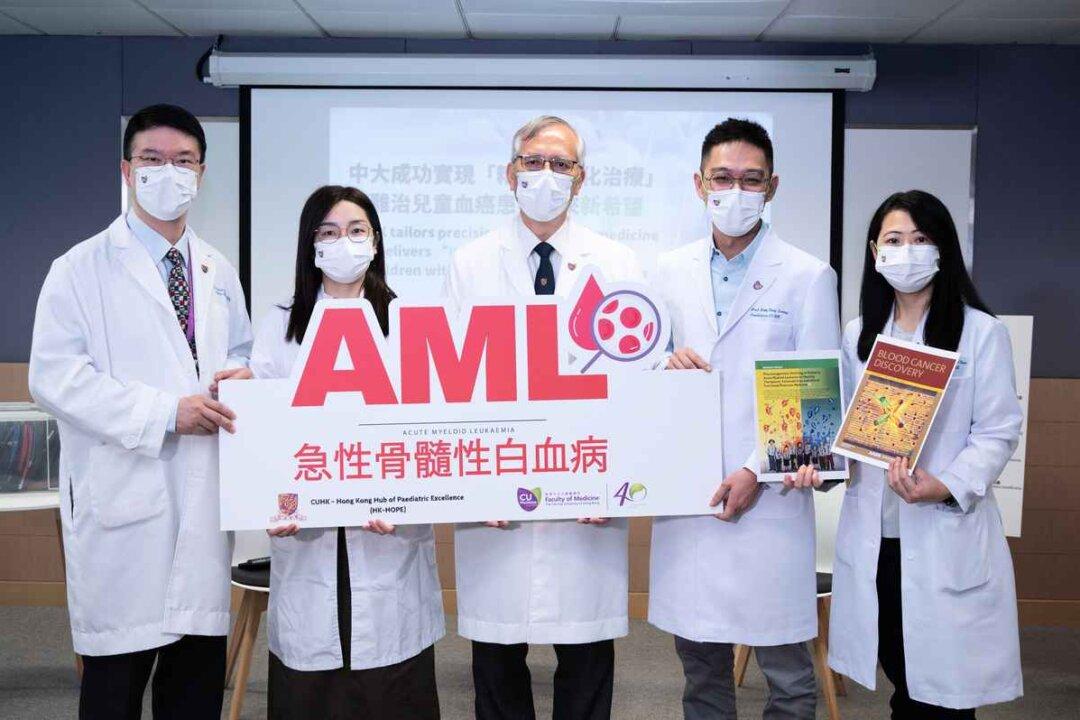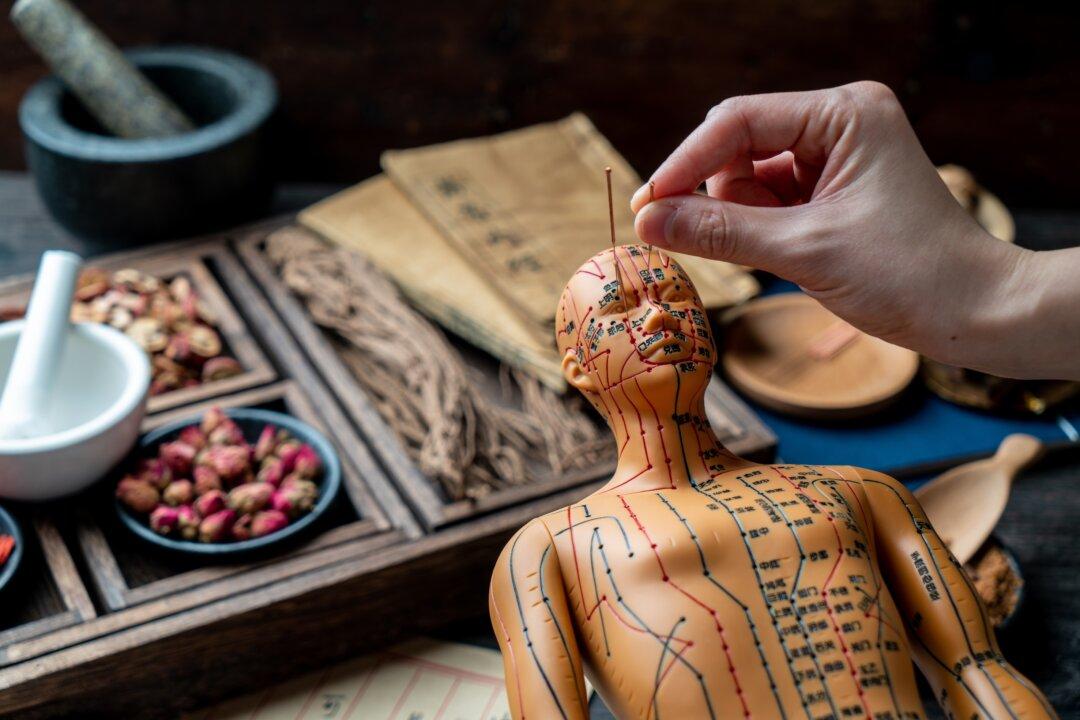Children with acute myeloid leukemia (AML) who develop drug resistance generally lack treatment options and are deemed incurable. Recently, The CUHK’s HK-HOPE developed a method to obtain the sensitivity of a patient’s cancer cells to a basket of targeted drugs within three days. In combination with genomic analyses, AML patients are matched with the most effective drugs according to their individual conditions.
AML is a rare but highly aggressive blood cancer that accounts for five percent of pediatric cancers. In Hong Kong, there are about 10 new cases per year. Chemotherapy with stem cell transplantation has remained the standard of care for decades. Advances in medical development have significantly improved the overall survival rate of newly diagnosed AMLpateints to 70 percent. However, the chance of survival drops below 40 percent for patients who develop relapses.




